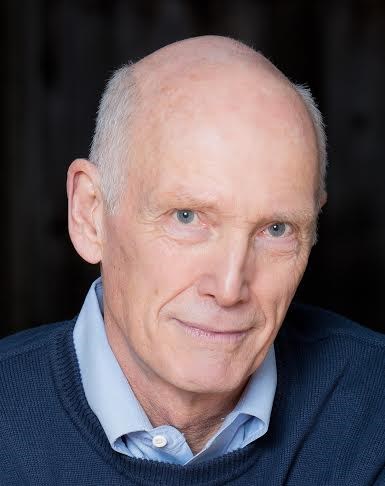
No, I can’t really explain it. By the criteria of credibility in a secular culture (materialistic and individualistic), it a shocking bunch of nonsense. A rebel Jewish peasant, leading a non-violent resistance movement against the Roman empire and their lackies in Galilee and Jerusalem, executed for blasphemy and treason, rising from the dead as God’s way of saving the world.Â
You’ve got to be kidding me! Are you really serious about basing your life and work on that kind of delusion?Â
Well, actually, yes.
Maybe a bit of the backstory to my beliefs would be beneficial. The Christian story frames the way I think the world works. I don’t get it completely. Within my Christian tradition of spirituality, we talk about seeing reality “through a glass darkly.” It’s a phrase coined by one of the thought-leaders in our faith in a letter to one of the early Christian communities in Corinth back in the first century CE. The guy’s name was Paul and he wrote some of the earliest reflections on what Jesus was really up to and why that was important to the wellbeing of the world. This phrase leads many of us within the Christian tradition to have a deep humility on how well we really understand God’s intent for and interactions with the world, at the same time that we have a profound trust that this transcendent loving energy is a work constantly drawing the whole creation into a future marked by justice and kindness.
For me, along with many others in this fellowship of the friends of Jesus that we call the church, the narrative runs from God creating a good earth, to making humans to be partners in cultivating it, to facing rebellion from those humans against the limitations of their capabilities, to multiple attempts to draw humans back into the partnership, to one final attempt at reconciliation by taking human flesh in Jesus, to a final triumph over all forms of alienation and rebellion in the Easter morning events. We now live in a phase of the story where God is working out the completion of that redemption on God’s own timeline and continuing to invite us to participate by doing justice, loving kindness, and working humbly with God. That justice/kindness/humility summary of our mission in life is found in the writings of the prophet Micah (Micah 6:8).
You’ll notice two things in particular about that far-too-brief summary of a complex story line. First, this is about what God is doing for us and with us. Second, God has created us to be central actors in this narrative and is determined to love us into our parts.
It’s a strange invitation, especially for those shaped by a culture that denies transcendence and community in so many ways. Considering it, let alone accepting it, sends shockwaves through the system. Let’s look at just two as examples.Â
First, a person determined to be a criminal by all the established authorities of his day turns out to be God at work redeeming the world. When the principalities and powers of this world arrogantly assume for themselves a degree of control that belongs to the Creator alone, witnesses will arise to challenge their abuses with the story of God’s real intent. Jesus and his community are the model for that kind of resilient resistance. And that’s a shockwave to the system. Â
Second, God chooses to do this by suffering all the contempt and cruelty that a rebellious humanity can throw at him and not be defeated by it. As Paul wrote later in that letter to the Corinthians, death has lost its sting and the grave has lost its victory. Life in all its fullness, on earth and in heaven, has been guaranteed by a forgiving and welcoming Creator. We are encouraged, in deep gratitude, to participate fully in the healing mission of that God. In that mission, and in that mission alone, will we find our full flourishing. And that’s a shockwave to the system.
So, I have been led to base my life and work on this story. I trust that God has taken the initiative in loving me into a new phase and form of being that is spiritual and communal. Participating in this story presents a shocking challenge to the way many live in our world. It will challenge callous consumerism with compassionate collaboration. It challenges isolating individualism with redemptive reconciliation. It  challenges oppression and cruelty with justice and kindness. In my experience, I can’t do that on my own. I need others and I need the God who is revealed in Jesus.
Becoming a willing participant in God’s mission may end up being a delusional way of living my life with others and the creation. But I’ve got a hunch, and I feel that hunch is trustworthy, that this shocking story of Easter reveals the way things really are unfolding for the benefit of us all.
The image is by He Qi (hequiart.com) and is used with permission.
 Brian Fraser is lead provocateur of Jazzthink and minister with Brentwood Presbyterian Church in Burnaby, BC. He works primarily with not-for-profit staffs and boards convening COOL conversations for SMARTer leadership. You can find out more at˛ą˛Ô»ĺĚý
Brian Fraser is lead provocateur of Jazzthink and minister with Brentwood Presbyterian Church in Burnaby, BC. He works primarily with not-for-profit staffs and boards convening COOL conversations for SMARTer leadership. You can find out more at˛ą˛Ô»ĺĚý
You can read more articles from on our interfaith blog, The Spiritual View,


